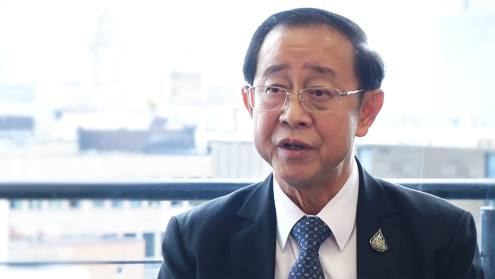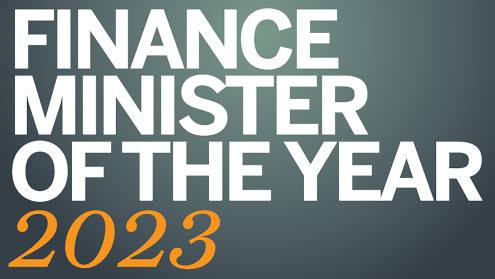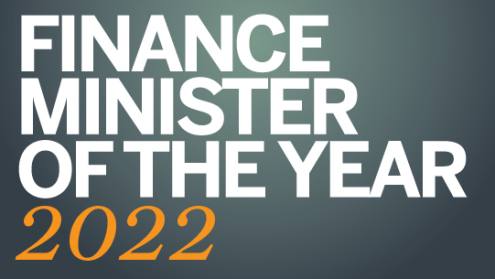Vietnam has undergone a significant transformation in recent years. The country has increasingly opened up to foreign investment and has experienced an economic boom. Over the past five years, the economy has grown at an average of 7.5% and reached its pinnacle in 2005 with a phenomenal 8.4% growth.
The country has fostered a series of economic reforms and has been tackling the country’s heavy bureaucracy and corruption. Credit for this has to be given to the Communist-ruled government, whose reformist approach has strongly contributed to the country’s economic boom.
Mr Vu is the latest finance minister of Vietnam’s reformist government. Appointed in June 2006, Mr Vu’s work is not new at the ministry where he previously served as deputy finance minister.
In that capacity, Mr Vu has not been shy in encouraging his country to take advantage of new opportunities. He was strongly vocal about the need to issue further government bonds in overseas markets following the country’s foreign currency rating upgrade by Standard and Poor’s in mid-2006.
As chairman of the latest Asia-Pacific Economic Co-operation meeting hosted in Hanoi last November, Mr Vu consolidated the reformist image of Vietnam, developed over the past years thanks to some key economic decisions.
In particular, the Bilateral Trade Agreement signed with the US at the end of 2001 has played a major role in driving the country’s exports and attracting a significant amount of foreign direct investment.
Vietnam’s reforms accelerated in 2004 with the creation of a debt and asset trading company to recover, sell and trade bad debts of state-owned enterprises in order to facilitate transfer of ownership. This resulted in the growth of state-owned firms trading in the Ho Chi Minh City Security Trading Centre, which plans to become a stock exchange in early 2007.
Revenue buoyancy and expenditure restraint have contained the budget deficit to 2.4% of GDP in 2005 from the 5% figure that persisted between 2000 and 2003. The International Monetary Fund anticipates that the deficit gap will remain between 2% and 3% in 2006 and 2007. Vietnam will also become the World Trade Organization’s 150th member this year, which should provide further support to the country’s balance of payments.
Furthermore, the Asian Development Fund has forecast that the country’s GDP will grow at about 8% in 2006. Mr Vu and his government expect it to be comfortably over that figure.











